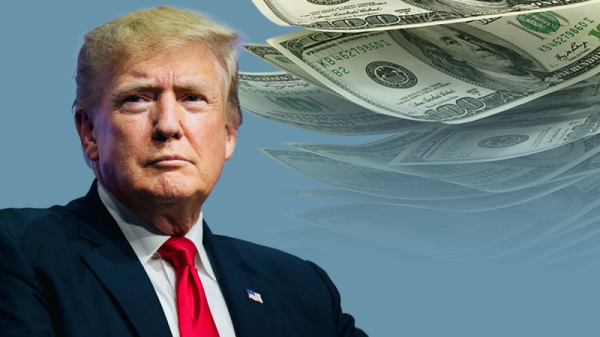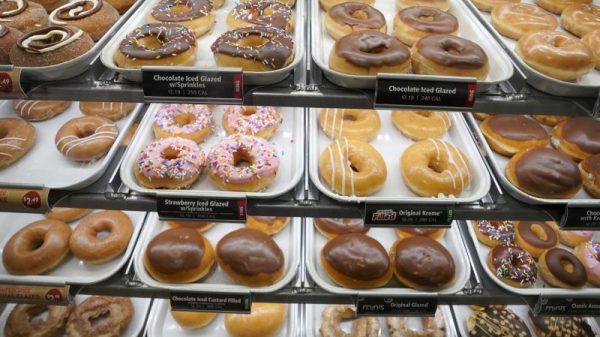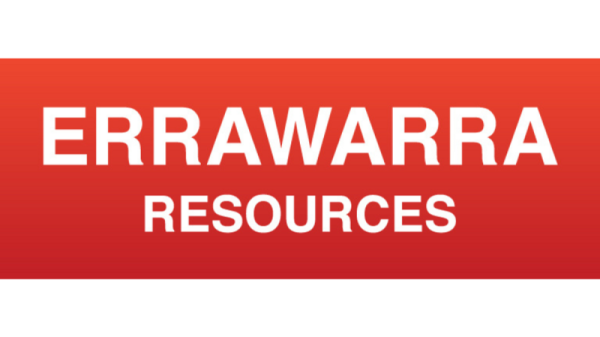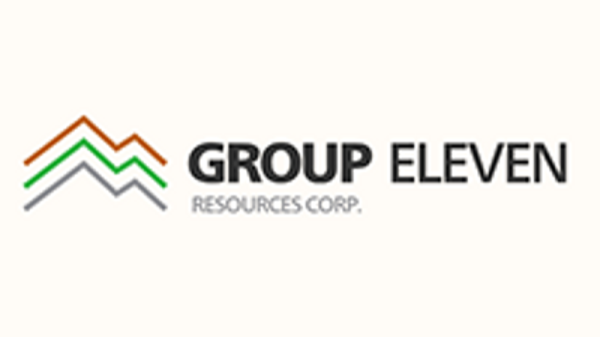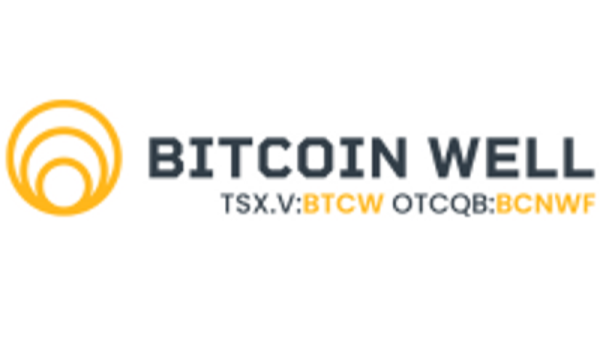U.S. consumer confidence increased to a two-year high in July amid a persistently tight labor market and receding inflation, bolstering the economy’s prospects in the near term.
But the economy is not out of the woods, with the survey from the Conference Board on Tuesday offering mixed signals. Consumers remain fearful of a recession over the next year following hefty interest rate hikes from the Federal Reserve.
While more consumers planned to buy a motor vehicle or house in the next six months, fewer anticipated purchasing major household appliances like refrigerators and washing machines.
Consumers also continued to report that they intended to spend less on discretionary services, including travel, recreation and gambling. They, however, expected to increase spending on healthcare, as well as streaming services from home.
That supports economists’ views that consumer spending was flattening out after rising at its fastest pace in two years in the first quarter. Still, the survey joined data on inflation, the housing market and retail sales in raising optimism that the economy could skirt a recession this year.
“We seem to be in an unusual eddy in this expansion, with consumer confidence up but consumer spending clearly leveled off,” said Robert Frick, corporate economist with Navy Federal Credit Union in Vienna, Virginia. “Lower inflation is why confidence has surged, but Americans have become cautious, trimming spending and increasing savings.”
The Conference Board’s consumer confidence index increased to 117 this month, the highest reading since July 2021, from 110.1 in June. Economists polled by Reuters had expected the index to increase to 111.8.
The improvement in confidence was across all age groups, with the largest increase among consumers aged 35 and below. Confidence was higher among consumers with annual incomes below $50,000 as well as those making more than $100,000.
Consumers’ perceptions of the likelihood of a recession over the next year rose, but stayed below the recent peak earlier in the year. About 70.6% of consumers this month said a recession was “somewhat” or “very likely,” up from 69.9% in June.
The share expecting better business conditions over the next six months was the highest since January.
The survey was published as Fed officials started a two-day policy meeting. The U.S. central bank is expected to raise interest rates by 25 basis points on Wednesday after keeping borrowing costs steady in June. The Fed has raised its policy rate by 500 basis points since March 2022.
Stocks on Wall Street were trading higher. The dollar was little changed against a basket of currencies. U.S. Treasury prices fell.
Tight labor market
“This likely reveals consumers’ belief that labor market conditions will remain favorable,” said Dana Peterson, the Conference Board’s chief economist.
The survey’s so-called labor market differential, derived from data on respondents’ views on whether jobs are plentiful or hard to get, widened to 37.2 this month from 32.8 in June, a sign labor market conditions remain tight despite job growth slowing. This measure correlates to the unemployment rate in the Labor Department’s closely followed employment report.
Consumers’ 12-month inflation expectations slipped to 5.7%, the lowest reading since November 2020, from 5.8% last month.
The improvement in inflation expectations was, however, not enough to convince more consumers to make big-ticket purchases over the next six months. And while more households planned to buy houses, they could run into affordability challenges.
House prices have resumed their upward trend because of tight supply after earlier slowdowns and outright declines in some regions as higher mortgage rates depressed demand. With the labor market still resilient, demand for housing is rising again. But many homeowners have mortgage loans with rates below 5%, reducing the incentive to put their houses on the market.
A separate report from the Federal Housing Finance Agency on Tuesday showed monthly house prices rising 0.7% in May after increasing by the same margin in April. Prices climbed 2.8% in the 12 months through May after advancing 3.1% in April.
“Low inventory and surprisingly resilient housing demand have kept home prices stable or rising in many markets,” said Lisa Sturtevant, chief economist at Bright MLS in Alexandria, Virginia.
“But we are going to hit an affordability ceiling in many places which will happen just as more inventory begins to come on line later this year. As a result, it’s possible that the ‘bottoming out’ of home prices is just the first half of a ‘W-shaped’ pattern in the market.”
Reuters reporting by Lucia Mutikani; Reuters editing by Paul Simao, Chizu Nomiyama and Andrea Ricci




